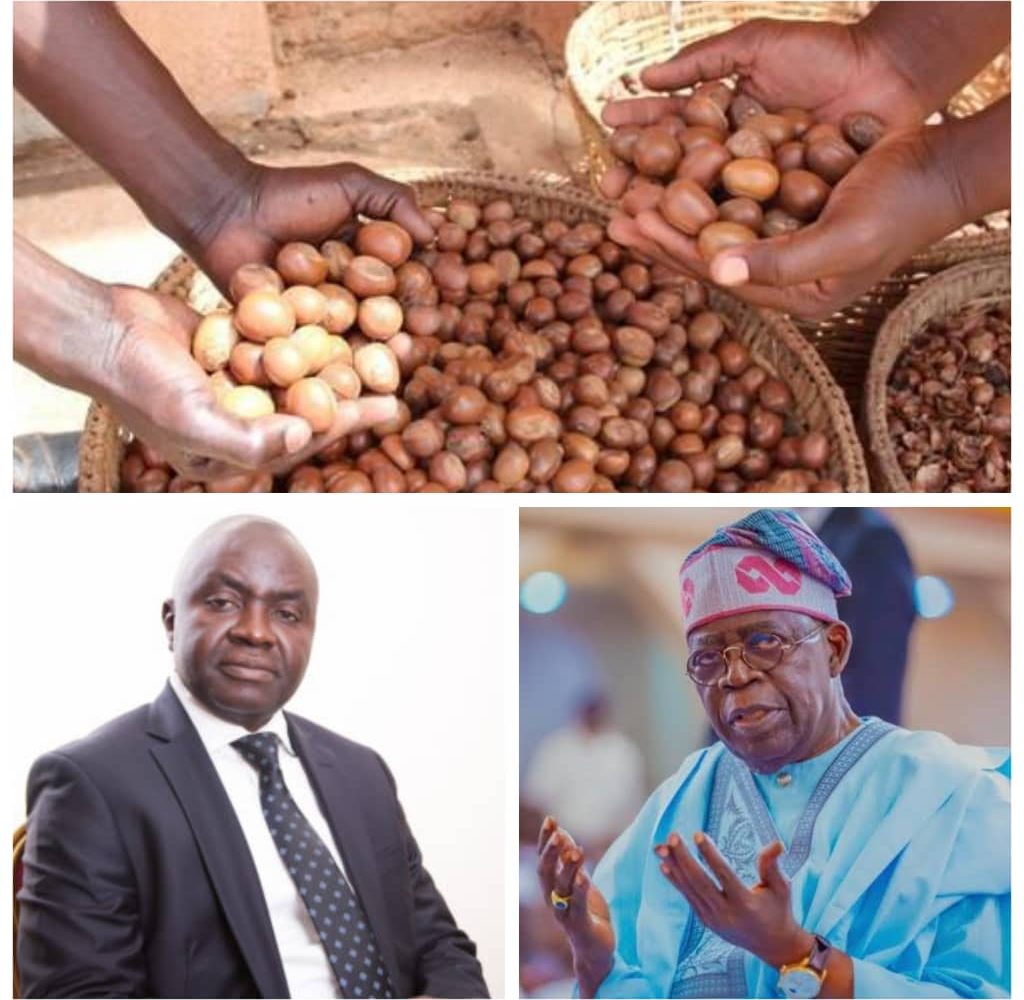The Centre for the Promotion of Private Enterprise (CPPE) has called for a phased, consultative transition framework to manage Nigeria’s six-month ban on raw shea nut exports.
According to Dr. Muda Yusuf, Chief Executive Officer of CPPE, the sudden implementation of the ban has created severe disruptions in the shea nut value chain, hurting farmers, aggregators, exporters, and logistics providers.
The ban has led to market disruptions and a price collapse, with shea nut prices falling by over 30% since the ban, eroding incomes of farmers and aggregators.
Existing export contracts face potential default, exposing exporters to legal and reputational risks. Loan defaults also loom large, as many exporters rely on bank financing for procurement and aggregation.
The CPPE notes that abrupt policy shifts send negative signals to investors, who may perceive higher policy risk in Nigeria.
This could reverse the progress made in non-oil exports, which reached over $3 billion in the first quarter of 2025. The ban also threatens thousands of jobs in cultivation, aggregation, logistics, and trade in shea nuts.
To mitigate these challenges, CPPE recommends adopting a phased transition approach, introducing clear timelines for phasing out raw exports, and allowing businesses to adjust operations and fulfill existing export contracts.
The organization also suggests enhancing the competitiveness of local processing by addressing structural challenges such as power supply, logistics, infrastructure, and financing.
Additionally, CPPE emphasizes the need to protect primary producers, ensuring farmers capture fair market value for their produce, sustaining rural livelihoods, and incentivizing production.
The organization also recommends institutionalizing stakeholder engagement, establishing regular consultative platforms involving farmers, processors, exporters, and financiers to improve policy predictability and transparency.
Nigeria is a significant player in the global shea nut market, accounting for an estimated 40% of global production. The ban aims to accelerate domestic value addition and support Nigeria’s industrialization drive.
However, policy credibility is crucial, and sudden bans on exports can introduce uncertainty and undermine investor confidence.
A phased transition, supported by structural reforms, will protect rural incomes, sustain non-oil export growth, and ensure that processors thrive on competitiveness rather than on a regime of subsidized raw materials.
Policy stability and stakeholder engagement are essential to achieving a win-win outcome for farmers, processors, and the broader economy.









Comment here